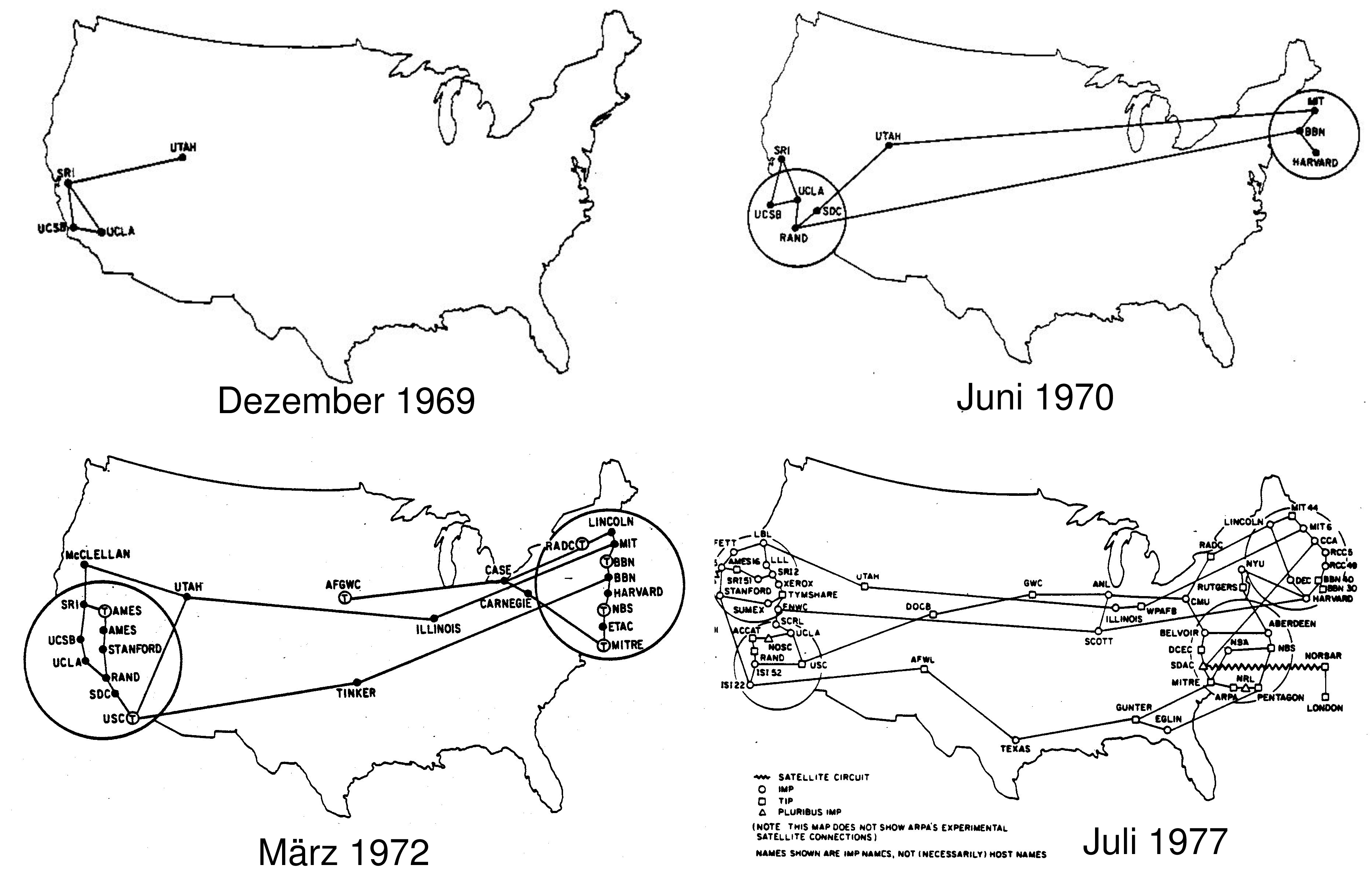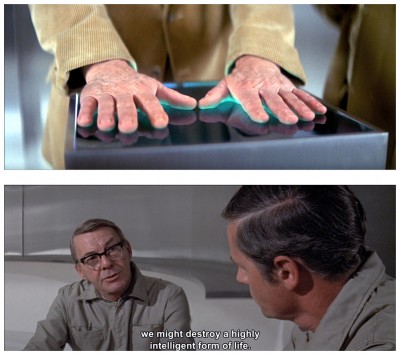

Wilson took the real-life 2018 space station breakup and fictionalized it somewhat, with pieces crashing into the jungle and causing problems. Without getting into too many spoilers, "Evolution" follows the aftermath of the Chinese Tiangong-1 space station (which was real) breaking apart over the general region of the Amazon. He explained that he wanted to show the indigenous people of the Amazon working together with Western scientists to solve problems. In his writing, he rejects the stereotypical colonial notion that depicts Native Americans and indigenous peoples as primitive. In this sequel, Wilson also touched upon stereotypes within his own heritage, as he is a member of the Cherokee nation, which is indigenous to North America.

"They're driven by curiosity, and how our big brains can get us into a lot of trouble and get back out - ideally." Just as in "Strain," "Evolution" is about "people finding something that they can't understand," he said. While space exploration may have changed in recent years, people are pretty much the same, Wilson said. In more recent years, we've also sent landers and rovers to Mars, spacecraft to orbit Jupiter and Saturn, and we've even flown craft out past Pluto, among other milestones. Humans landed a robotic craft on Mars even later, in the late 1970s, which saw the Voyager 1 and 2 spacecraft fly past Jupiter, Saturn, Uranus and Neptune in a "grand tour" of the solar system. While Mars, Venus and the moon were popular destinations for robotic vehicles in the 1960s, it wasn't until 1973 that Pioneer 10 flew past Jupiter and Saturn. At that time, we were just beginning to explore the solar system. The original novel hit bookstores in the same year in which Apollo 11 landed the first humans on the moon. Wilson said he did his best to honor "the world of 'The Andromeda Strain ,'" while adding in the numerous space-exploration missions that have taken place since the novel was published. To him, space seemed a natural place to set the sequel because much of "Andromeda" was set underground - the idea of opposites really appealed to him, he said.

When Wilson heard that the estate managers wanted him to move forward with a "Strain" sequel, "It was a dream come true," Wilson said. I love scientists solving these problems, and just all the technology, the really sophisticated stuff," Wilson said. The other one was "Sphere" (Knopf, 1987) - which also deals with extraterrestrial life. "The Andromeda Strain" was one of Wilson's two favorite Crichton novels while he was growing up. "I read one book and I went and found every other book of his I could get my hands on." "When I was a kid, I was huge into science fiction, and of course Crichton ended up being someone that I read repeatedly," Wilson told.


 0 kommentar(er)
0 kommentar(er)
